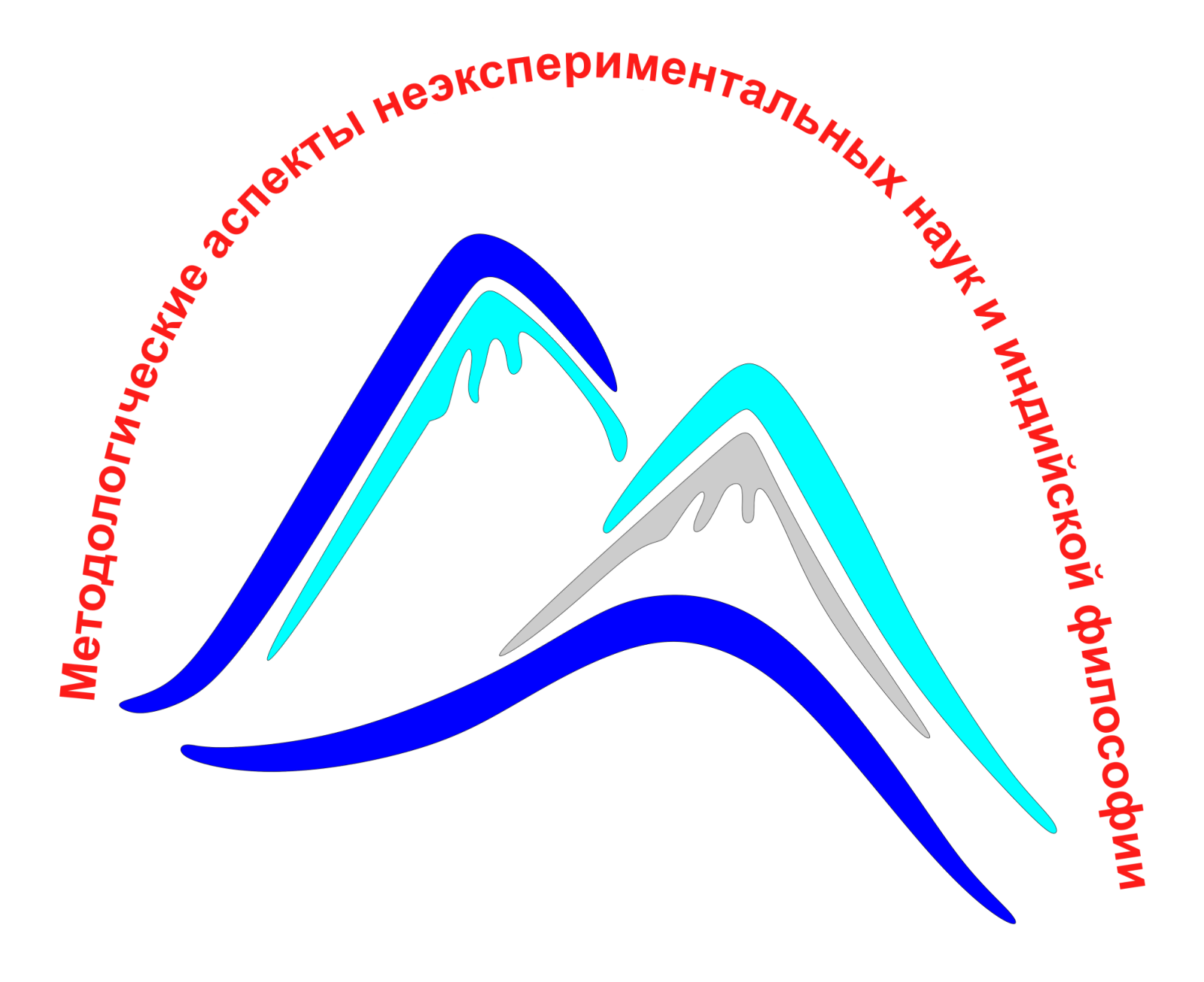CALL FOR PAPERS
What is the mutual difference between the elements of many scientific disciplines, as well as philosophical directions (in the absence of even a unity of views on the subject, is philosophy a kind of science or a family of sciences and is it desirable for it to be or become a science)? There is still a naturalistic, that is, archaic, point of view that this difference is entirely due to the difference of objects.
Another perspective position is methodological, according to which the role of the method of activity (method) of scientists in the course of obtaining new knowledge is decisive. As a rule, the methods of a particular discipline are largely formed spontaneously-historically, scientists are rarely interested in the reflection of methods (that is, methodology itself), as well as methodological achievements in other, even related sciences. The conference is intended to contribute to overcoming spontaneity and is devoted specifically to methodological approaches in philosophy and such sciences and humanities in which experiment either does not take place at all or is marginal, that is, dealing primarily with texts and producing texts in natural and symbolic languages: these are textual studies, the history of philosophy, philology, primarily in Oriental studies, a number of areas of linguistics, translation studies, as well as mathematics and logic. Among the specific methods that have already been proposed for discussion are Oberhammer’s religious hermeneutics, Sorina’s method of content analysis of texts, situational hermeneutics of Pshu, a civilizational-typological approach of two types (Smirnov and Paribok) to the study of rationality (Smirnov on the material of Arab and Western cultures; Paribok on the material of South Asian and Far Eastern civilizations), etc. If we accept the well-known pair «explanation and understanding», then the subject definitely tends to the primacy of understanding, and explanation is its consequence.
Reports are accepted
a) on specific modern methods in the outlined disciplines
b) on the history of methods, their struggle and continuity
c) dedicated to comparing the results of applying different methods to some object domain
d) comprehensive methodology for the study of highly developed non-European cultures
PAPER SUBMISSION
Please prepare your paper in MS Word according to the following instructions. And submit your paper by email attachments to isccac@mail.ru by the given deadline. All papers should be no less than 4 pages (≥4) in length. Before you send the manuscript to isccac@mail.ru, please make sure your manuscript file have a filename «(Topic field) Paper title.doc». For example:
(01)Franz Rosenzweig’s Dialogic Humanism in The Star of Redemption.doc
PUBLICATION
After refereeing process, all accepted papers from MANSIP will be published on «Proceedings of «Methodological aspects of non-experimental sciences and Indian philosophy» and will be submitted to CPCI-SSH for indexing.
AUTHORSHIP
An author (or authors) is an individual who took part in the Conference and then prepared a version of his (her or their) paper to be published.
UNIQUENESS OF ARTICLES AND PLAGIARISM
Articles submitted for publishing should contain the author’s new and original scientific results that were not published elsewhere. The plagiarism is defined as copying and rephrasing other scientific written materials without references.
REVIEW
All scientific articles are subject to peer-review by Editor in chief, who is free to make critical comments regarding the quality and clarity of the written content, compliance with the conference’s profile and novelty and credibility of results and conclusions.
CONFLICT OF INTEREST AND CONFIDENTIALITY
Once admitted, the articles are disclosed in the public domain. The rights to use the published materials are reserved by the Conference Committee. The Chief Editor and the editorial Board members are prohibited from disclosing any information submitted within the articles to anyone outside with the exception of the author, reviewer, and the publisher.
EDITORIAL POLICY
This policy describes the guidelines in the publication process of Conference Proceedings. The Conference Committee upholds ethical norms accepted by the international scientific community and is dedicated to preventing any violations of these rules. In particular, the policy also incorporates best practice of authoritative international journals and publishers.
AUTHORSHIP
An author (or authors) is an individual who took part in the Conference and then prepared a version of his (her or their) paper to be published.
UNIQUENESS OF ARTICLES AND PLAGIARISM
Articles submitted for publishing should contain the author’s new and original scientific results that were not published elsewhere. The plagiarism is defined as copying and rephrasing other scientific written materials without references.
REVIEW
All scientific articles are subject to peer-review by Editor in chief, who is free to make critical comments regarding the quality and clarity of the written content, compliance with the conference’s profile and novelty and credibility of results and conclusions.
CONFLICT OF INTEREST AND CONFIDENTIALITY
Once admitted, the articles are disclosed in the public domain. The rights to use the published materials are reserved by the Conference Committee. The Chief Editor and the editorial Board members are prohibited from disclosing any information submitted within the articles to anyone outside with the exception of the author, reviewer, and the publisher.
